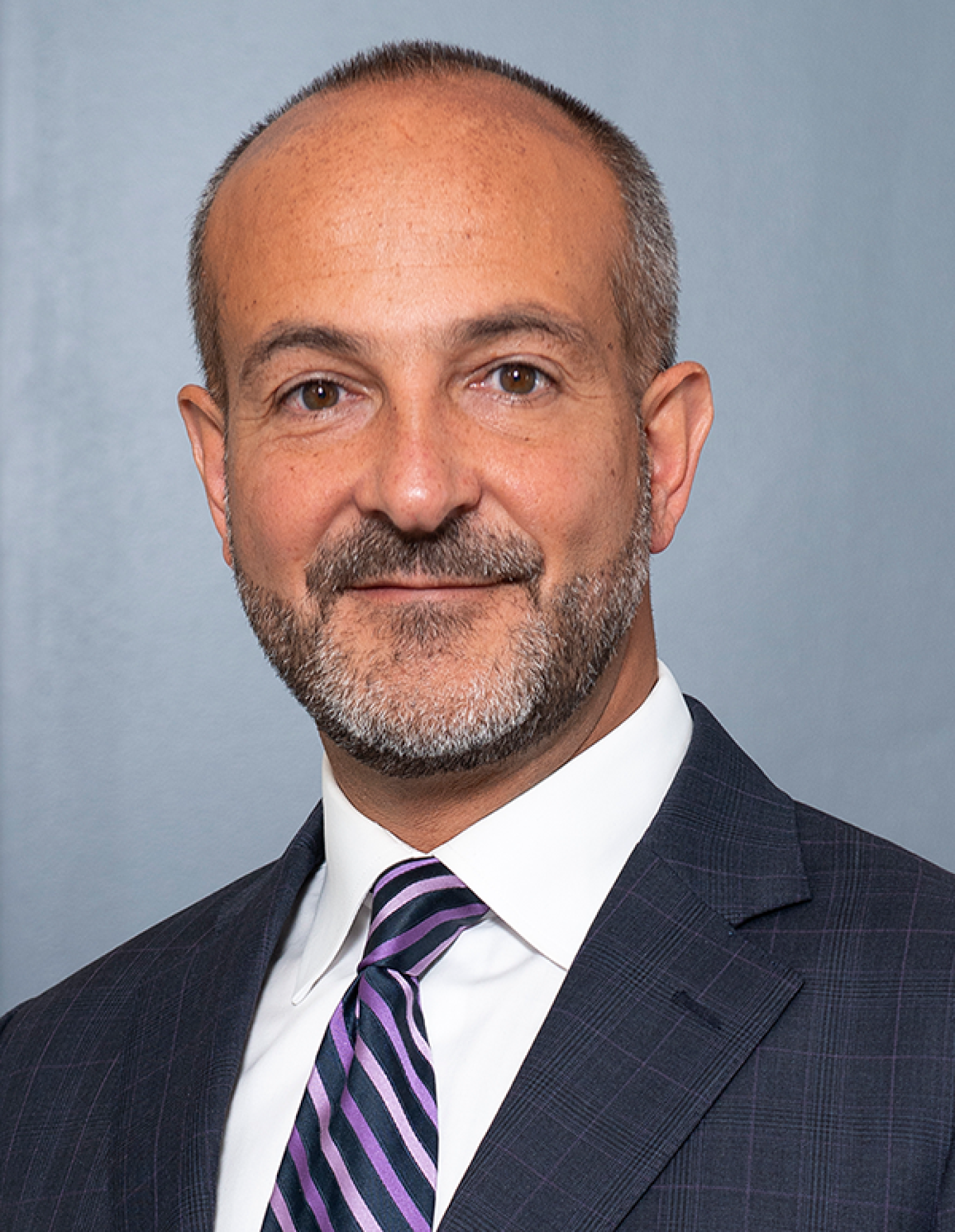Hospital coworkers help each other stay focused on safety
"Pandemic fatigue” is creeping into many aspects of life, including health care. How is your organization keeping patient safety at the forefront of its work, especially given uncertainty about the trajectory of the pandemic?

Joseph Betancourt, M.D., M.P.H.
Joseph Betancourt is a practicing internist and Senior Vice President for Equity and Community Health at the Massachusetts General Hospital and Physicians Organization. He is also founder and senior advisor to the MGH Disparities Solutions Center in Boston.
We have been grinding nonstop since March 2020. Clearly, that has led to some exhaustion and burnout in the health care workforce, now exacerbated by challenges related to the staffing shortage. And, here at Mass. General, we are at disaster capacity every day. By that I mean, our emergency room is bursting at the seams and our hospital is full.
And it’s not just here; we're seeing hospitals at capacity throughout the state and across the country. To be honest, I don't think we have a good explanation for it. Is this because people are coming back to care? It's unclear to us, but it’s a reality we face.
So, we have people who are tired and burned out, who have fewer teammates around them than before, and who, through politicization of the vaccine, went from being revered and respected to being, to some degree, disrespected.
All these things are crashing at once. This is a perilous time for safety and quality.
When I think about patient safety, being meticulous and detail-oriented, working in teams, and being our best selves every day is what we must do to provide excellent care to everyone every minute. Given the factors I've just articulated, we are finding that it takes extra energy to assure that we can provide safe, high-quality care to everyone.
We can't change hospital capacity. We can't change the fact that we are tired and burned out. We can't change the politicization of COVID and the vaccine. So, what are we left with? All we can do is try to take care of ourselves and each other. We're doing a lot around wellness, but this isn't something that a yoga class or a spinning class is going to fix.
We’re trying to be more supportive of each other, to summon up that last ounce of reserve and be vigilant. We understand that exhaustion is something that leads to more safety events, so we need to summon our energy and just keep it going. I don't see many silver bullets here short of saying, "Hey, we are entering a risky area and need to step up to that next new challenge."
Over summer we tried to get some balance, to recharge our batteries and be ready for the fall, but the Delta variant really dealt us a blow. Now, we don't have many choices. There will not magically be more staff or fewer patients. We will not suddenly start to feel that we can be our best selves every day, so it's a real challenge. This is a tough one.
I do see, however, that people in our workforce want to simply commiserate with each other, to feel kinship and say, "Okay, we're in this together." There can be real healing in sharing that sense of connection. We can say, “Okay, you know what? Today I’ve got you, and tomorrow you’ve got me.” We can work as a team to make sure we have each other's backs. That type of camaraderie really works.